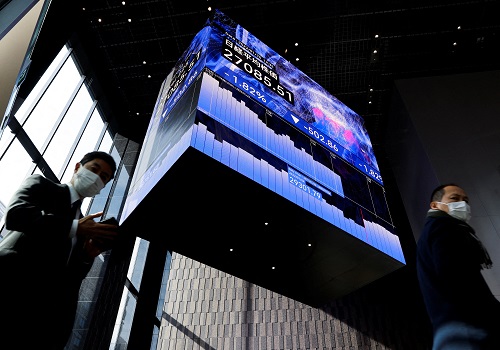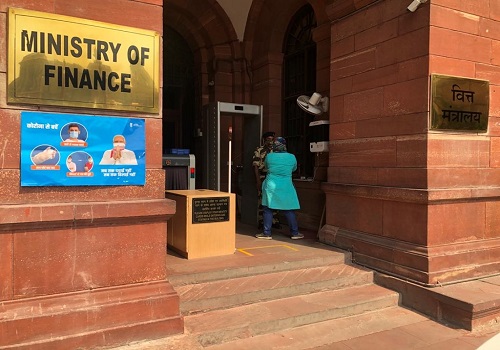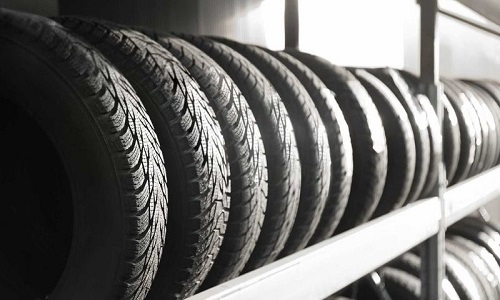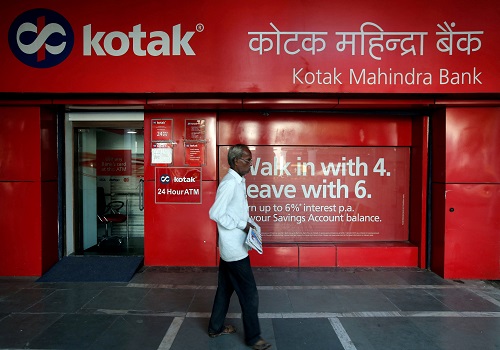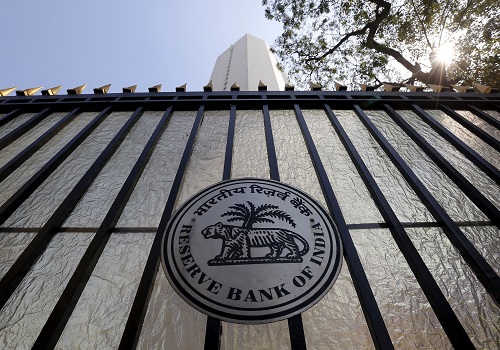Capital goods, infra sector, banking are the hot FPI favourites
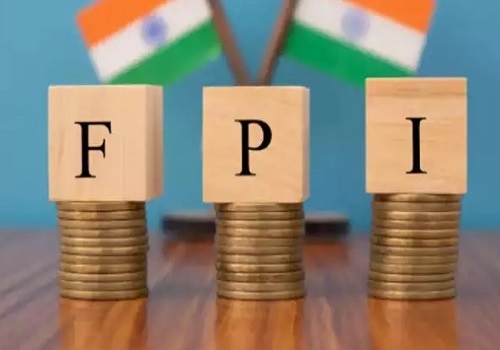
Follow us Now on Telegram ! Get daily 10 - 12 important updates on Business, Finance and Investment. Join our Telegram Channel
FPIs seem to be back with a bang. They seem to be looking at India and investing all over again. One needs to understand where they are investing and also what could be prompting the same.
NIFTY FIFTY, as the index is popularly known as, is skewed in favour of the financial sector and banks with roughly over 40 per cent weightage. Very clearly, if one is bullish on India and its stock markets and not so on the banking space or banks, things will just not work.
The infusion of capital by the government in the public sector banks has paid rich dividends and the cumulative profit of these PSU banks was roughly Rs 1.05 lakh crore for the year 2022-23.
The big change one is seeing in the country is the thrust and emphasis on improving the infrastructure across the length and breadth of the country.
Roads, bridges, expressways, trains and airports and better inland connectivity through the waterways and rivers of the country, is all happening.
The softening of crude prices has seen the cost of petrol and diesel input costs reduce significantly without matching fuel pump prices reduction.
This has helped the CAD (current account deficit) come under control. In the medium to long term, the effect of this would be that the rupee begins to hold its ground against the basket of currencies and also against the dollar.
Even today, as we speak, the Indian Rupee is performing well against the basket but facing some pressure against the dollar.
FPIs are investing in capital good manufacturers as they see the capex cycle picking up. Investments in infrastructure companies involved in construction are yet another favourite of such investors.
Companies connected with the railways from the private sector, logistics, ports and even utilities are on the shopping list.
Many of the sectors like ports, power distribution, transmission and even highway construction have their own regulators which ensure that earnings from such projects are fairly predictable and there is some sense of forecasting.
Such projects and companies are liked by FPIs who want a minimum sort of return on investments like pension funds.
The banking sector is yet another favourite and the mega merger of the HDFC Twins would see a lot of action on the bourses, even though the combined weightage is set to reduce in the MSCI weightages.
The midcap space is seeing a lot of traction in the specialty chemicals and niche technology-based manufacturing companies.
Calendar years 2021 and 2022 saw a large number of such companies list and their performance since listing has been decent. Going forward, the performance would be on a better scale as these companies grow bigger and get better exposure amongst potential investors.
The ecosystem that India offers, the huge latent demand within the country and the export potential with competitive pricing makes India a hot destination. The government has incentivised many sectors with its PLI scheme, which is helping quite a bit.
While earlier India's exports meant just software exports, now the product list has expanded manifold. Engineering, speciality chemicals and even assembly of the iPhone has begun in a big way. There are multiple factories assembling the iPhone in India and adding to the country's exports.
India is the world's diamond, cutting and polishing capital, and now it has added the capability of making lab grown diamonds which are grown to it, cut and polished and exported, or also exported as readymade finished jewellery.
They capture the entire value chain from start to finish and sanctions imposed over some countries do not come in the way of importing roughs.
The list of sectors and also companies which find favour with FPIs seem to be increasing as India remains one of the few countries which has a growing GDP unlike most countries.
The choice extends to domestic consumption and also export consumption.
Demographics favour India as it has the largest middle-income population and also the younger age.
With young couples having in many cases both partners working, it's a game of aspiration and consumption.
To sum up it may be said it's all about growth, local rising demand and aspiration, and finally export competitiveness in a country where stock markets have not done anything over the last couple of years.






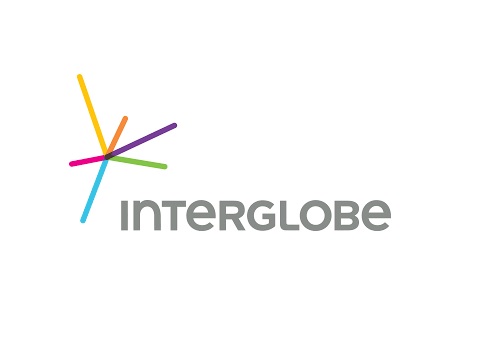
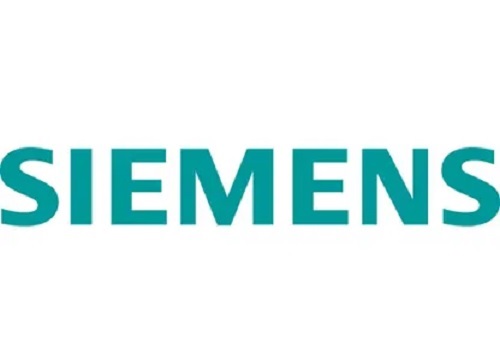




 320-x-100_uti_gold.jpg" alt="Advertisement">
320-x-100_uti_gold.jpg" alt="Advertisement">

